Biography of Muhammadu Buhari
From Daura to the Nation’s Helm: The Life Journey of a Nigerian Leader

Muhammadu Buhari: A Legacy of Discipline, Leadership, and Patriotism
Muhammadu Buhari is a retired Major General in the Nigerian Army and a two-time elected President of the Federal Republic of Nigeria. Widely respected for his personal integrity and austere lifestyle, Buhari’s journey from a military ruler in the 1980s to a democratically elected leader reflects a lifelong dedication to public service, anti-corruption, and national unity.
Legacy & Values
Fought corruption with dedication.
Revived infrastructure and agriculture.
Lived modestly with humility.
Deeply connected to the poor and rural people.
Revered for honesty and transparency.
Advocated military discipline.
Approachable, calm, and always smiling.
Early Life and Family Background
Muhammadu Buhari was Born on December 17, 1942, in Daura, Katsina State, He was the 23rd child of his father. Raised in a traditional Fulani Muslim household, his upbringing was deeply rooted in discipline and simplicity. Buhari began his early education in Daura before attending Katsina Middle School. These foundational years shaped his character and instilled values that would guide his public service
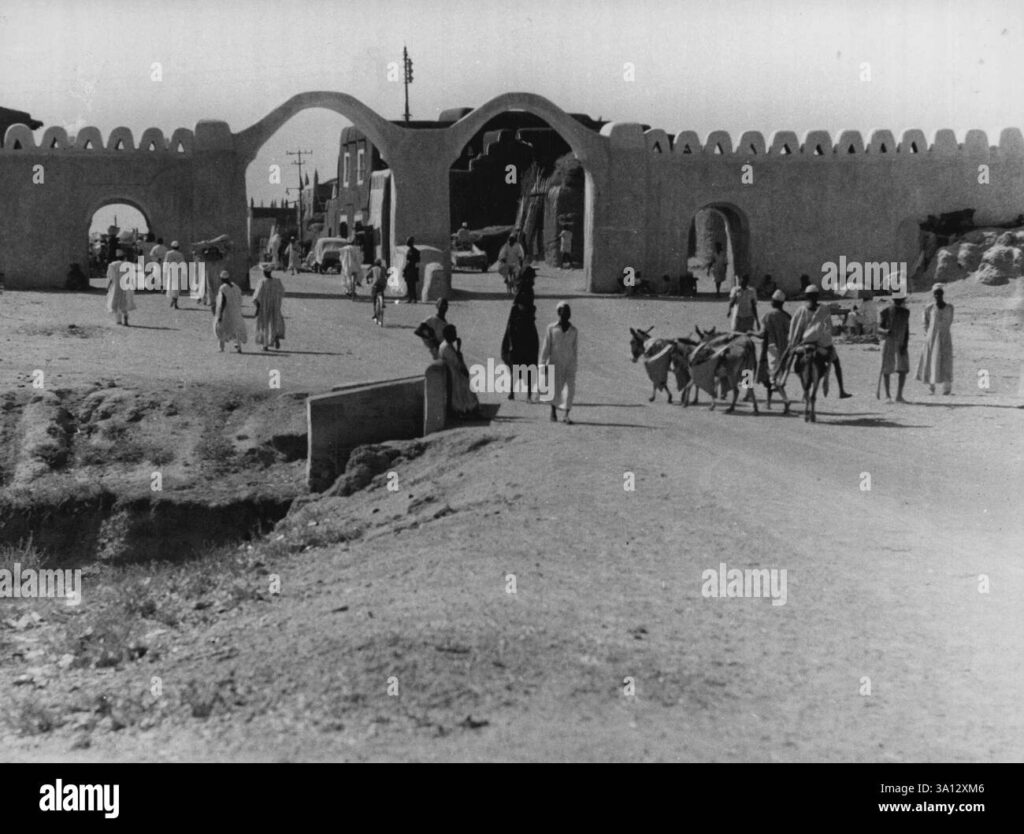
Military Career
Enlistment and Early Military Training
Muhammadu Buhari joined the Nigerian Army in 1961, enrolling in the Nigerian Military Training College (now Nigerian Defence Academy). He was later sent to the Mons Officer Cadet School in Aldershot, United Kingdom, and was commissioned as a second lieutenant in January 1963.
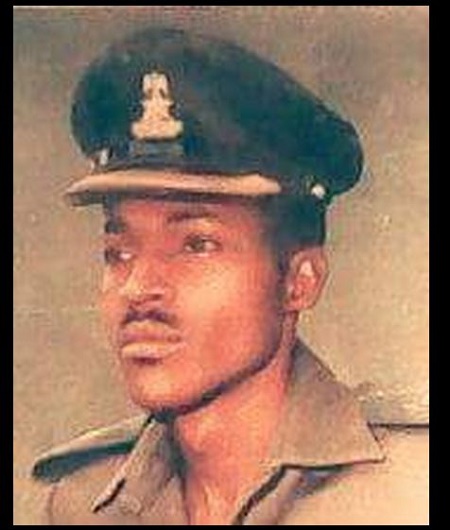
Military Education & Courses
Buhari attended several military courses throughout his career:
Mons Officer Cadet School, UK
Platoon Commander Course, Nigeria (1963)
Mechanical Transport Officer Course, UK (1964)
Defence Services Staff College, India (1973)
United States Army War College (1979–1980)
Service in the Nigerian Civil War (1967–1970)
During the Biafran War, Buhari served actively as a frontline commander. He was the Adjutant and later Company Commander in the 1st Division under Colonel Mohammed Shuwa. His leadership earned him rapid promotions.
Key Military Appointments
1974–1975: Governor of the then Northeastern State under Gen. Murtala Mohammed.
1975–1976: Governor of Borno State after state restructuring.
1976–1978: Federal Commissioner (Minister) for Petroleum and Natural Resources under General Olusegun Obasanjo.
1977–1978: Chairman, Nigerian National Petroleum Corporation (NNPC)
Head of the 3rd Armoured Division (1980–1983)
As GOC of the 3rd Armoured Division, Jos, Buhari was instrumental in securing Nigeria’s borders, especially during the Chadian conflict in the early 1980s. His leadership style was marked by discipline and integrity.
Role in the 1983 Military Coup
On December 31, 1983, Major General Buhari led the military coup that overthrew President Shehu Shagari. He cited Nigeria’s deepening economic collapse and rampant corruption as justification. Soon after, Buhari assumed office as Head of State, leading the nation until 1985.

“We have no other country than Nigeria. We shall remain here and salvage it together.”
Muhammadu Buhari 1983
Downfall and Detention
On August 27, 1985, Buhari’s regime was overthrown by General Ibrahim Babangida. Buhari was detained and remained under house arrest for nearly three years, refusing to compromise on his anti-corruption principles.
After his release, he stepped away from politics, focusing on farming and personal life, maintaining a relatively low profile for several years. During these years, he gained continued respect in military and political circles for his discipline and leadership style. He only re-entered politics in the early 2000s, marking the beginning of his eventual democratic comeback.
A Democratic Comeback
Determined to serve Nigeria democratically, Buhari ran for president in 2003, 2007, and 2011 but was unsuccessful. In 2013, he co-founded the All Progressives Congress (APC), a coalition party.
In 2015, he made history by becoming the first opposition candidate to win a presidential election in Nigeria. He was re-elected in 2019.
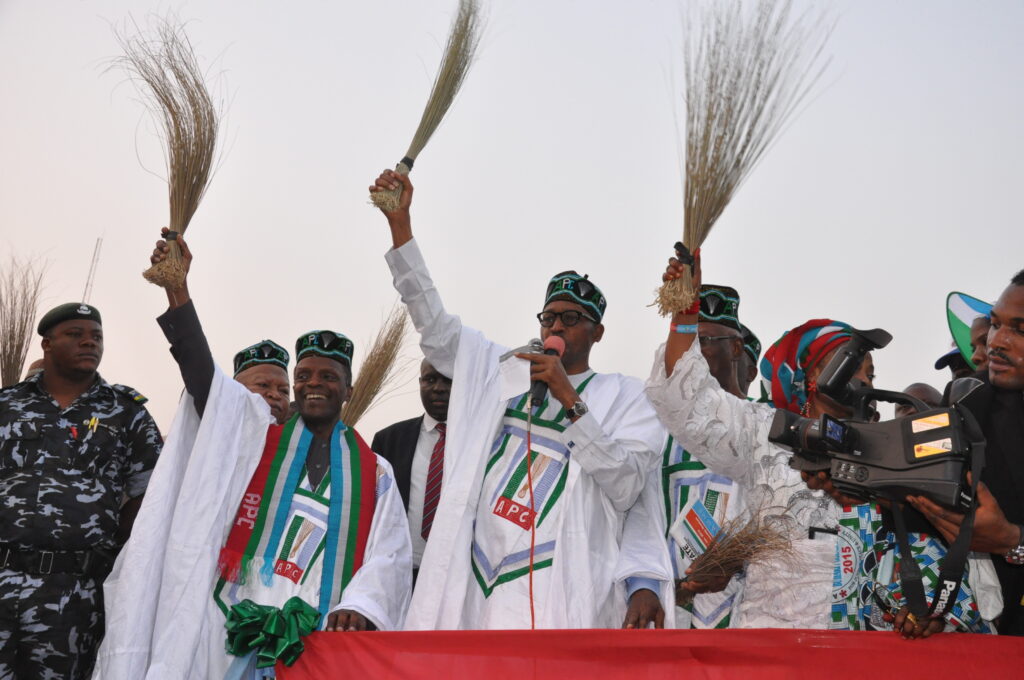
Presidential Tenure (2015–2023)
In 2015, Nigeria stood at a crossroads — a nation weighed down by insecurity, economic instability, institutional corruption, and a disillusioned population craving genuine leadership. It was in this moment of uncertainty that Muhammadu Buhari returned, not as a military ruler, but as a democratically elected president, determined to rebuild a broken system through discipline, transparency, and national pride.
His presidency became a defining era of both challenge and change — where old norms were questioned, new systems were introduced, and efforts were made to uplift millions who had been left behind. Though far from perfect, Buhari’s tenure inspired a new conversation about integrity in public service and accountability in governance. His administration focused on solving long-standing problems through infrastructure renewal, agricultural self-reliance, and military reforms, all rooted in a clear vision of national rebirth. He governed with simplicity, endured criticism with restraint, and remained unshaken in his belief that Nigeria could rise above its history and walk into a more disciplined and prosperous future.
✅ 8 Major Achievements
Launched the most ambitious anti-corruption war in Nigeria’s democratic history, recovering billions in stolen funds and strengthening EFCC and ICPC operations.
Revived the Nigerian railway system, completing the Abuja-Kaduna rail, Lagos-Ibadan standard gauge, and others for safer, faster transport.
Reconstructed thousands of kilometers of federal roads and highways, notably Second Niger Bridge, Lagos-Ibadan Expressway, and Abuja-Kano Road.
Empowered over 3 million farmers through the Anchor Borrowers’ Programme, boosting local rice production and reducing food imports.
Created the National Social Investment Program (N-Power, TraderMoni, etc.) — the largest poverty-reduction scheme in Nigeria’s history.
Recovered over 20 local government areas from Boko Haram in the Northeast and restructured military operations for national defense.
Implemented the Treasury Single Account (TSA) policy across MDAs, ensuring government revenues were centrally managed and reducing leakages.
Signed into law the Petroleum Industry Act after two decades of delay, reforming the oil and gas sector for transparency and investment.
Personal Life and Family
Beyond the uniform and podium stood a man of strong values, a father, and a devoted husband.
Muhammadu Buhari lived a life deeply rooted in discipline, humility, and strong family values. His personal life reflected the quiet strength and simplicity for which he was widely respected.
He first married Safinatu Yusuf in 1971, and together they had five children. Sadly, she passed away in 2006 after a long illness.
In 1989, he married Aisha Halilu, who remained by his side throughout his later political career, including his two-term presidency. Their union was blessed with five children, bringing the total number of his children to ten.
Buhari valued privacy and modesty in his family life, rarely putting them in the public eye. Despite this, his children have often described him as a calm, firm, and principled father who never compromised his values — even at home.
His wives and children were not just relatives but unwavering sources of strength during his most difficult moments, including during his detention in the 1980s, electoral defeats, and health challenges. Even in the height of power, his relationship with his family remained anchored in mutual respect, faith, and simplicity.
Final Days and Burial of President Muhammadu Buhari
On the evening of Sunday, 13th July 2025, the nation was plunged into sorrow as news broke that General Muhammadu Buhari (GCFR.), Nigeria’s former Head of State and President, had passed away at a private clinic in London after a brief illness. He was 82 years old.
The loss was more than just the death of a leader — it was the departure of a symbol of integrity, discipline, and patriotism. From the battlefields of Nigeria’s civil war to the corridors of Aso Rock, Buhari gave his life in service of his beloved country.
His body was flown back to Nigeria in a solemn military aircraft, draped in the national flag he so dearly protected. On Tuesday, 15th July 2025, amidst weeping crowds and heavy hearts, he was laid to rest in his hometown of Daura, Within the exact house he resided in — a final return to the humble soil from which his journey began.
Leaders from across the globe, citizens from every corner of Nigeria, and people who once opposed him came together in unity to mourn a man whose presence shaped the destiny of a nation. His funeral was simple, just as he would have wanted — no golden casket, no extravagance — only prayers, silence, and remembrance.
Though his voice has been silenced, his legacy lives on — in the pages of Nigeria’s history, in the hearts of its people, and in the values he never compromised.
May his soul rest in perfect peace.
Moments in Time
From khaki to agbada, from the trenches of military command to the corridors of democratic governance, Muhammadu Buhari’s journey spans decades of service, sacrifice, and transformation. His life has been a portrait of duty — marked by quiet resilience, national pride, and a deep personal commitment to Nigeria’s future. This gallery offers a glimpse into the intimate and iconic — capturing the man behind the office, the soldier behind the salute, and the father behind the scenes.
Each image is more than a picture; it’s a moment frozen in time — reflecting courage, compassion, and leadership that defined a generation. Whether in the embrace of family or addressing world leaders, Buhari stood for something larger than himself: the possibility of a better Nigeria.
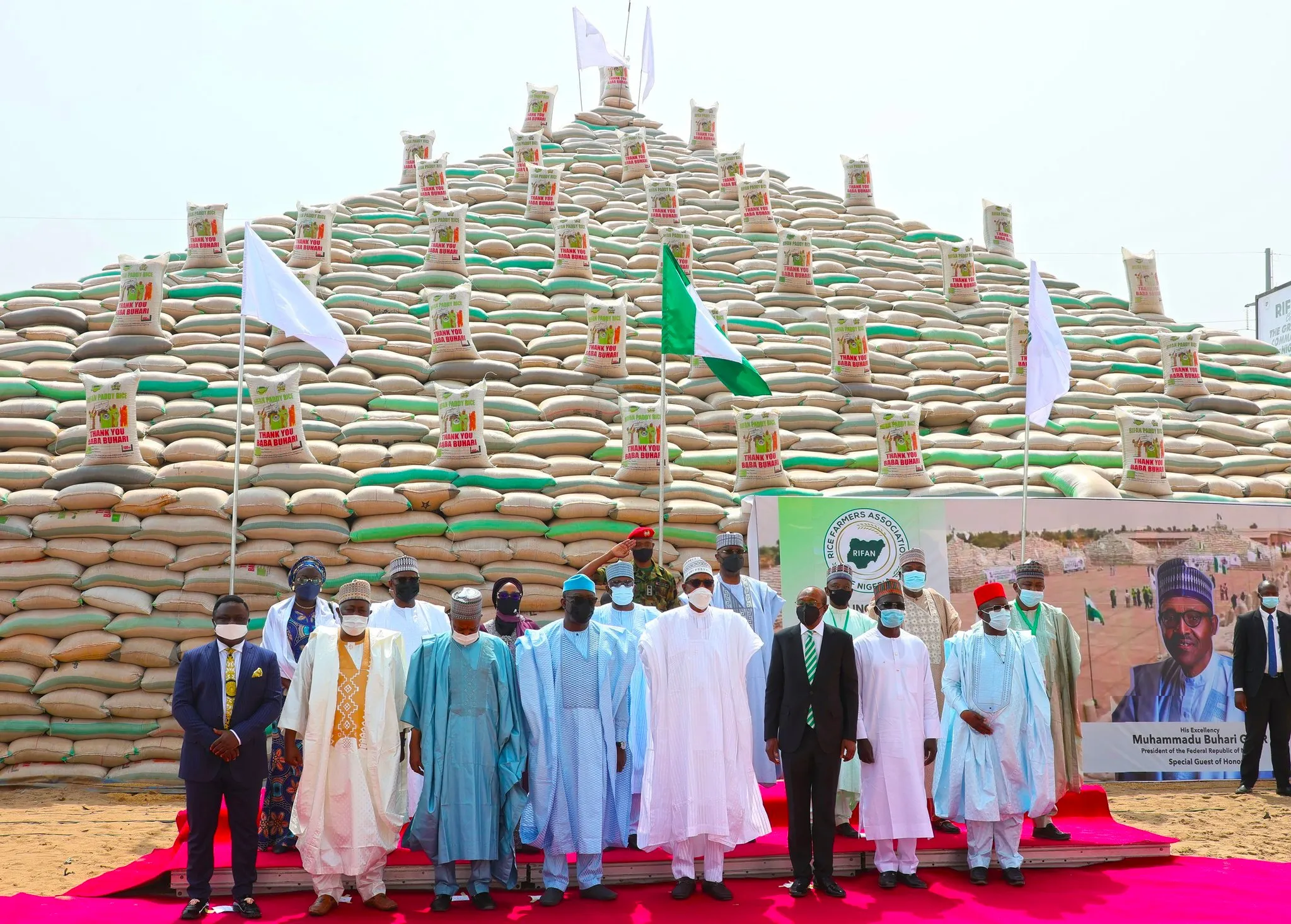
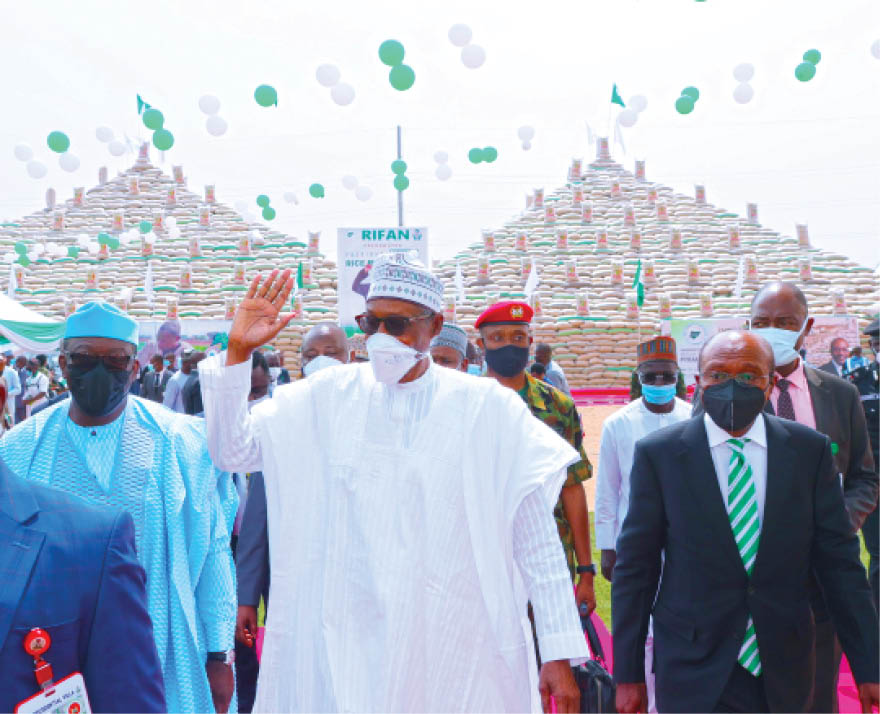
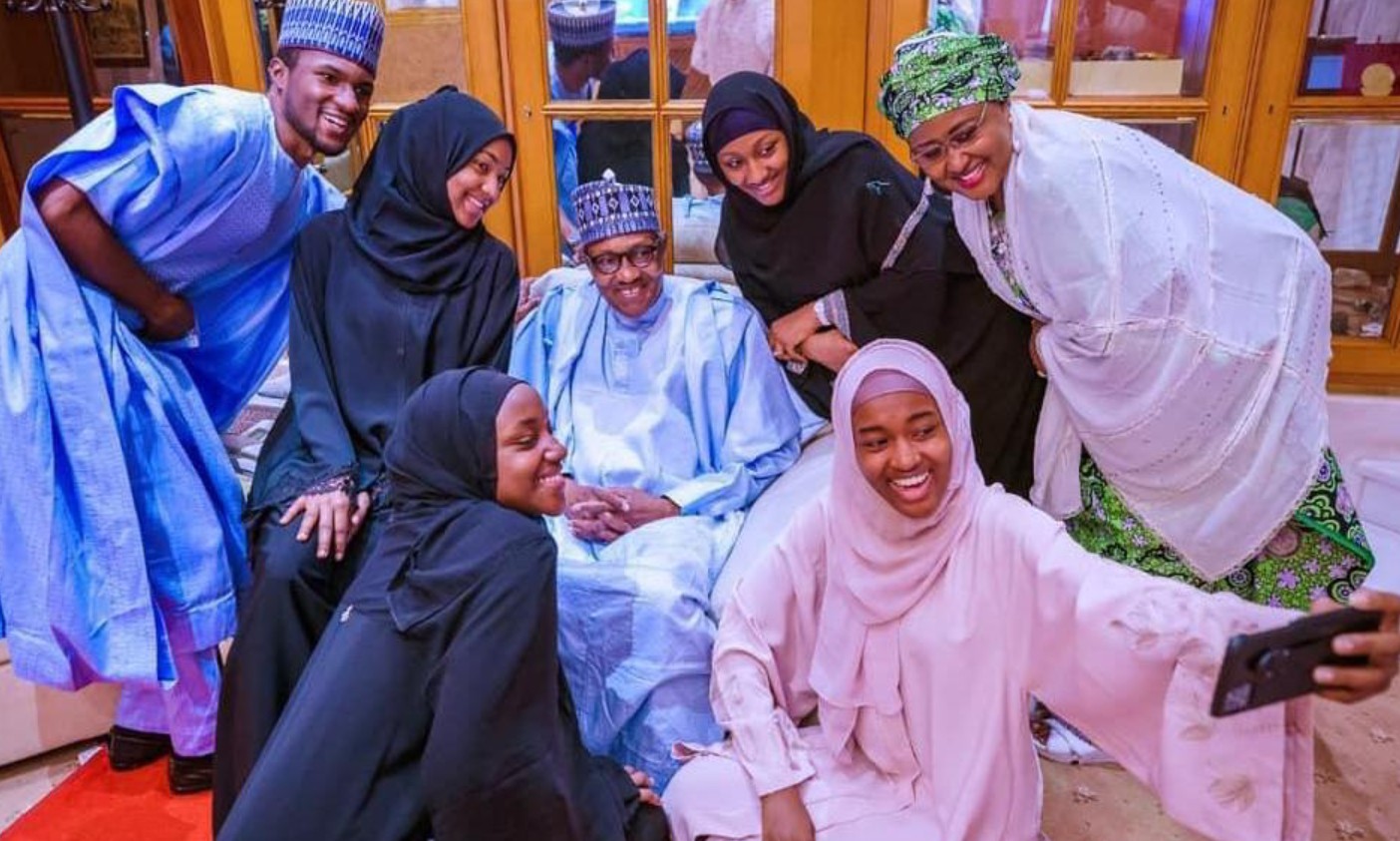
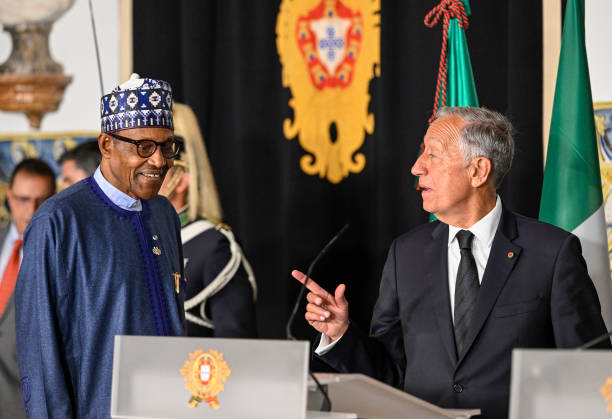
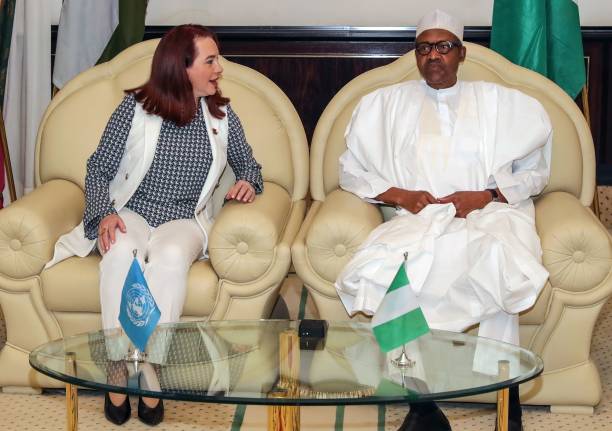
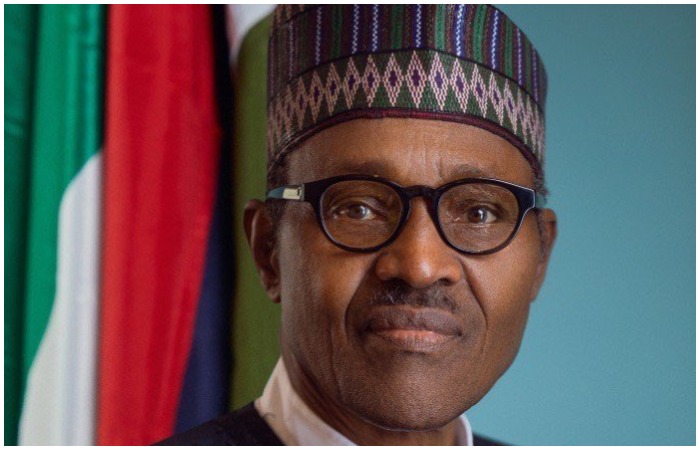
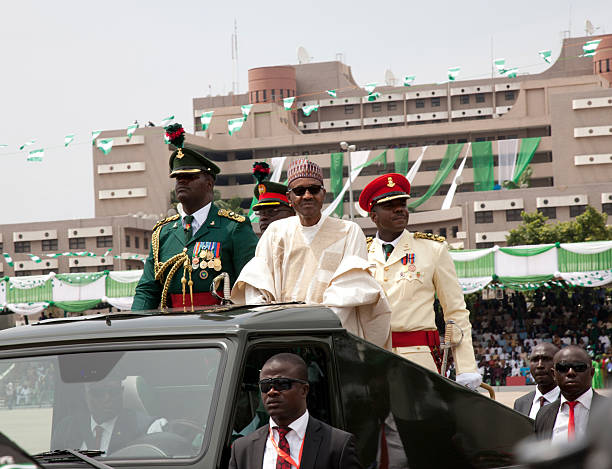
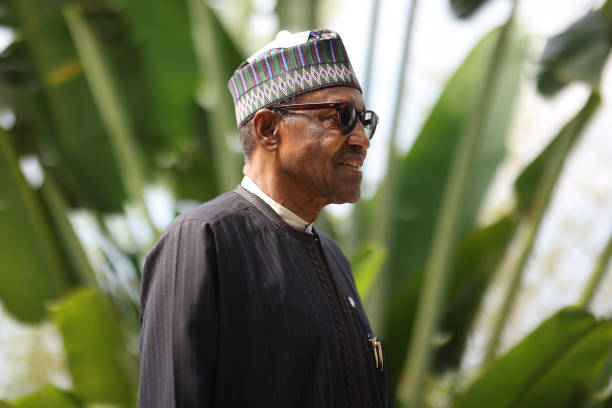
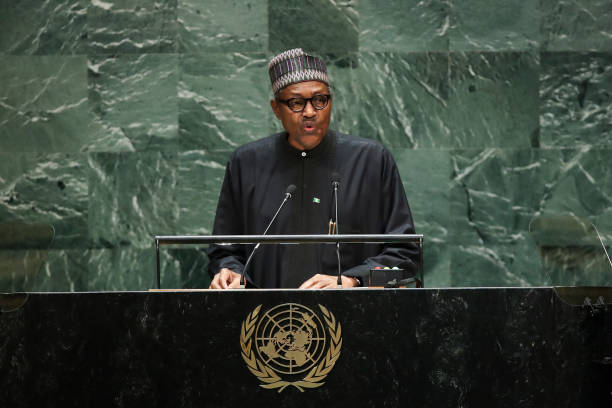
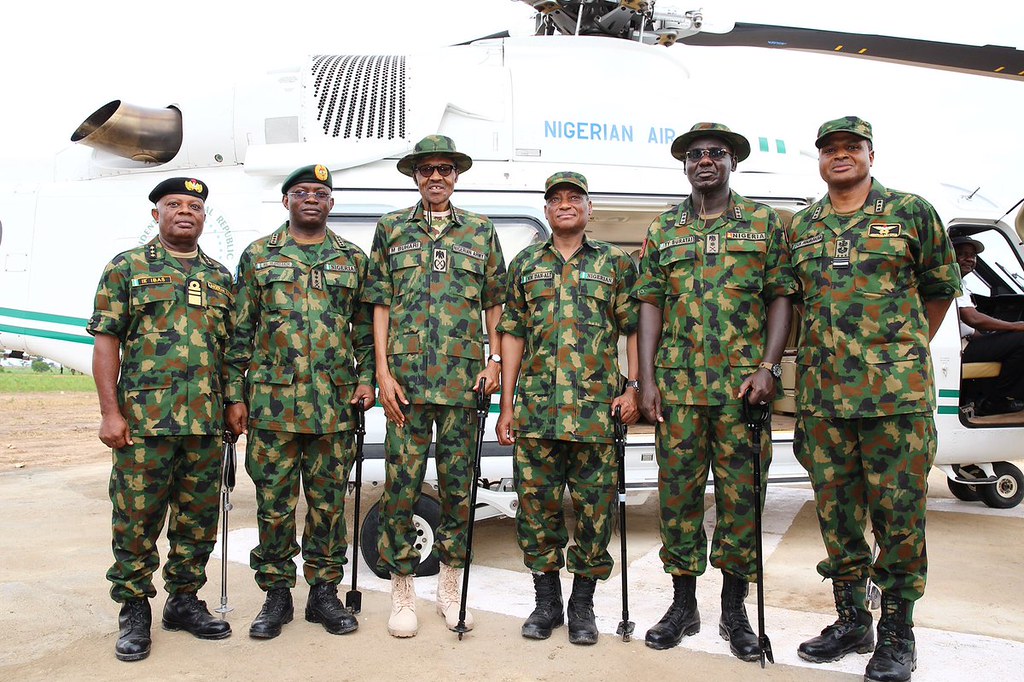
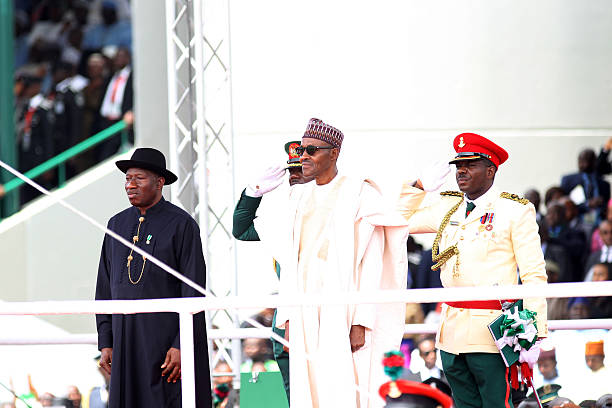
Buhari will be remembered as a leader who brought military discipline into democratic governance, redefined Nigeria’s anti-corruption crusade, and stood as a symbol of integrity.